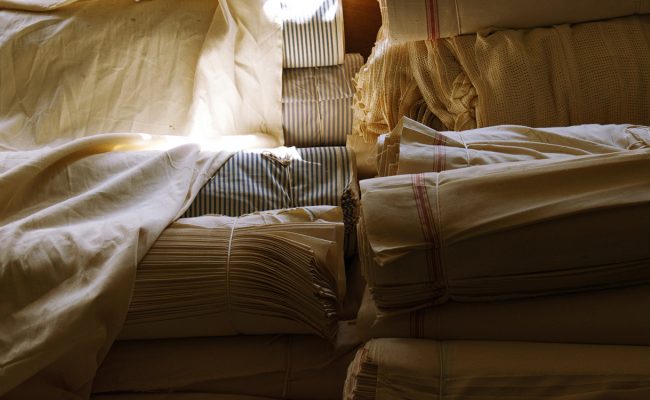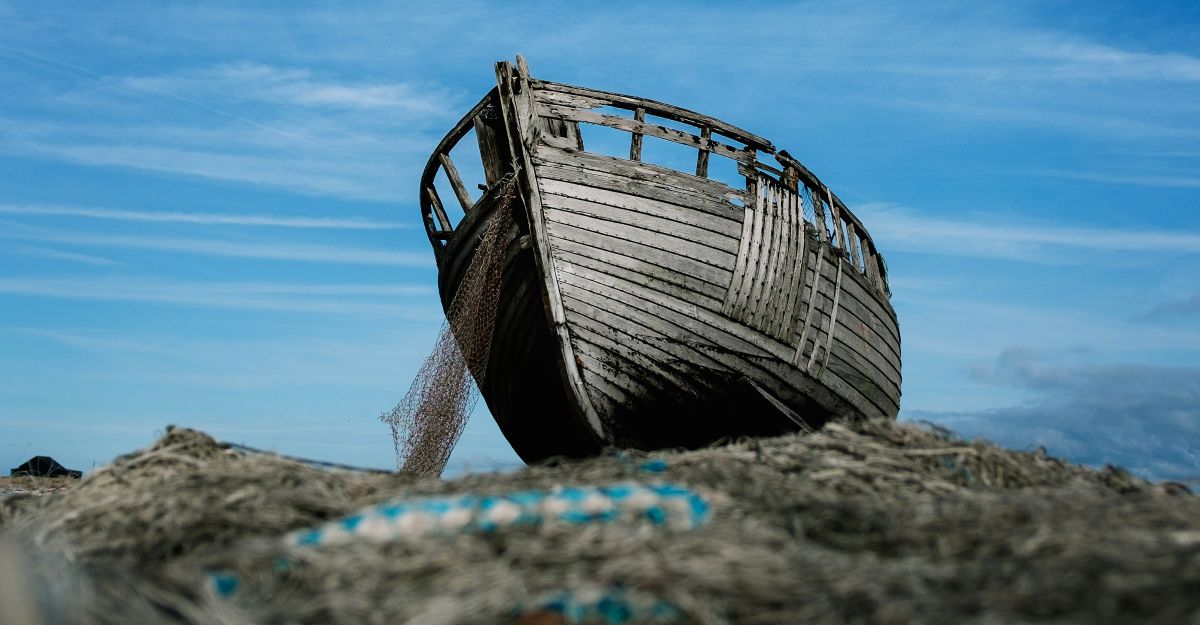Who are we? We’re some of the volunteer readers at Overland – you might recognise our names from the editorial pages of the journal. Ordinarily, we have the pleasure of reading a selection of the works submitted to the journal each month before they move onto Claire’s desk for further consideration. We read and carefully consider each piece, but don’t make the final choice of what’s published, and we don’t ordinarily interact with the authors.
This edition, however, is different. This is our edition. We read, discussed, chose, and edited all the stories you’ll read here.
There are voices missing from this issue. We would have liked to consider work from a broader range of writers, and the absences reminded us that making Overland an uplifting space for Indigenous and diverse writers is an ongoing project. he stories we have included, however, excite and interest us.
It was a joy to read for this edition, to search for new voices and ideas, to be challenged with the breadth of topics and writing styles. There are images in these seven stories that will stay with us – delicately crafted lines, emotive writing, tense and tightly put together narratives. There is gentle sadness in some of these pieces, sensitivity, darkness, and humour. The stories we have chosen for you each offer something different; examining relationships, families, uncertainty, and fear; but they all hold something in common. They all connect us in some way.
Carol Lefevre’s ‘Fish’ is a timeless story, that of the clever child of a working class family who is sent away to school, and can never go home. Nonetheless it is grounded deeply and satisfyingly in a specific time and place, evoking the material and social culture of mid to late twentieth-century small-town Australia with a tender but pitiless eye.
In Odette Kelada’s ‘Walking in Company’ we find language that paces alongside its story, accompanying it to an uncertain destination. While drawing the reader in close with sensuous detail, this piece then asks us to think about all the moments that are left untold and unknowable.
Amber Moffat’s ‘The Debrider’ takes us into a world that is at once surreal and sociologically plausible. The recurring squeals, scrapes, smells, sores and fluids creates a profound sense of unease that drives the narrative and draws our awareness to the bodies we inhabit.
‘The Game’ is a sly piece of devastating political commentary that speaks to the power of microfiction, a big story told in a few words. Yumna Kassab plays with the imagery of football, a game with universal appeal, but is indicative of the ‘bread and circuses’ rolled out to keep the masses amused and quiet, not noticing what is happening around them until it is too late.
Amid the threat of bushfire, ‘Mud Bricks Don’t Burn’ by Felicia Henderson charts the relationship between two sisters. Tightly written and resonant with cultural references that ground the reader in place, Henderson deftly reveals the power of small gifts and attentive care to soothe a fractured soul.
‘Time is a Fish’ by Alison Martin is a beautiful story, engaging with the reality of a pandemic without being overbearing. A meditation on time and memory, the fragmentary nature of the vignettes really stood out to us.
‘Mnimósino’ by Diana Papas is an emotionally compelling story, rooted in domestic power struggles and the deep impacts of grief over time. Much of its weight is in the things that are not said, and the space this leaves for misunderstanding.
We hope that you enjoy each of the selected stories, and we also hope that you will consider submitting your stories to us – your diverse, wonderful, weird, interesting stories, knowing that there is a team of readers waiting to look at your work. We, and all the team at Overland, are particularly hoping to hear from the voices that are missing from this edition. We want to hear from you. We want to publish you.
Odette Kelada – Walking in company
Felicia Henderson – Mudbricks don’t burn
Alison Martin – Time is a fish



